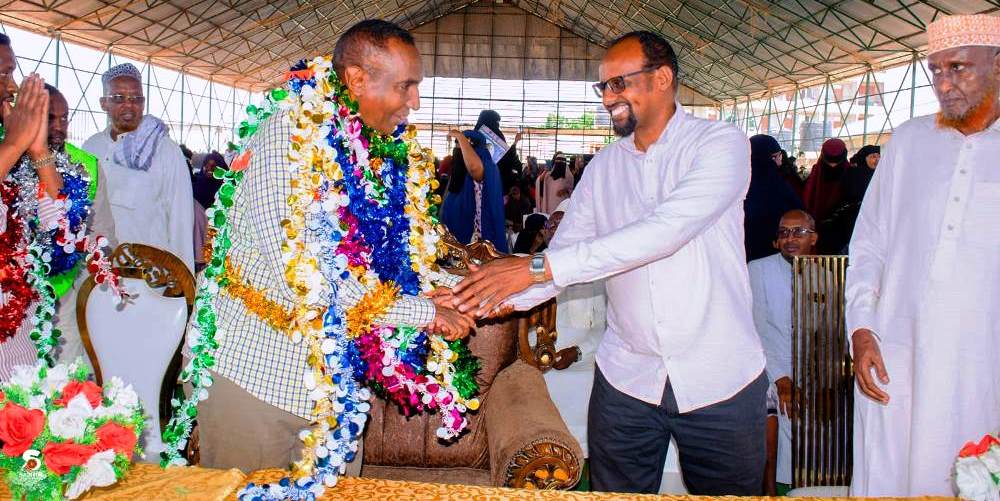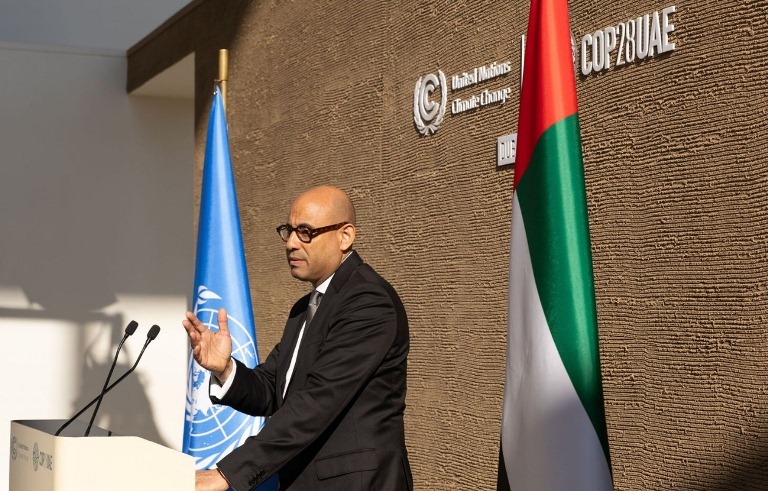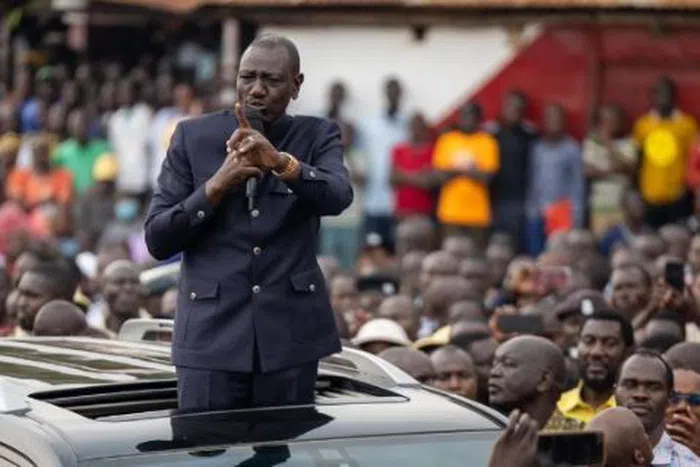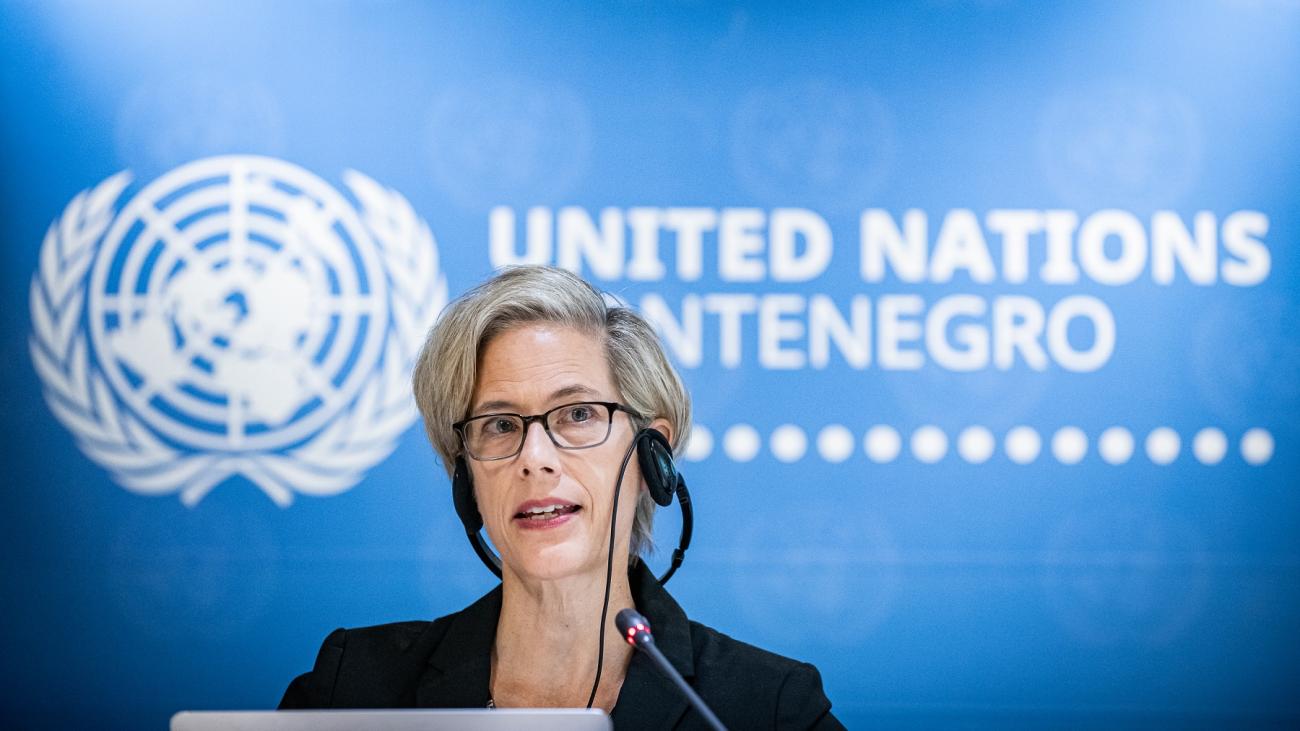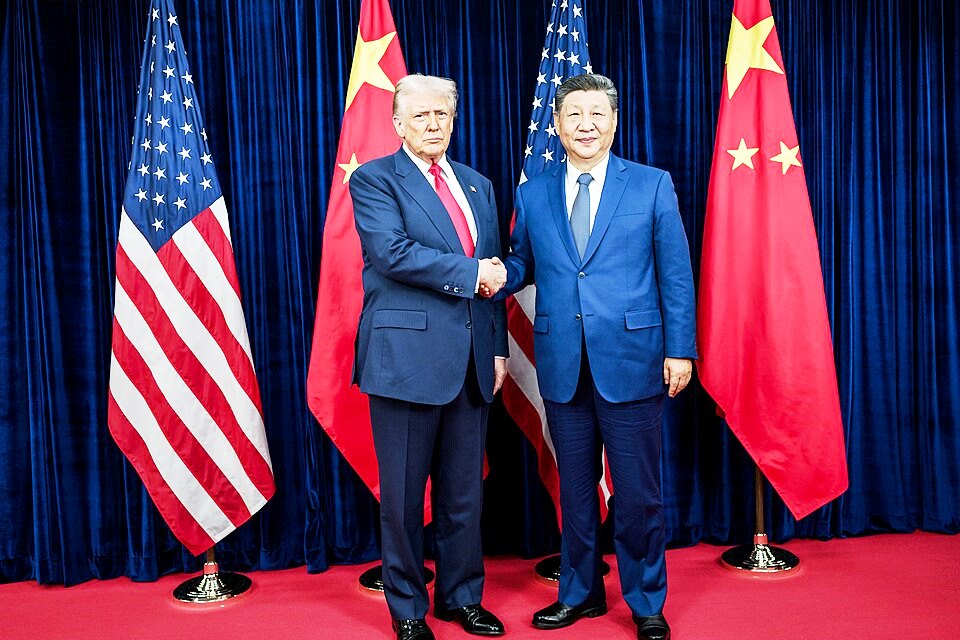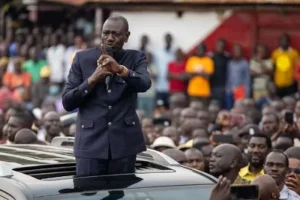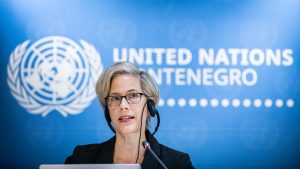Simon Stiell, UN Climate Change Executive Secretary, speaking during the COP28 in UAE. PHOTO/UN.
By PATRIC MAYOYO
The devastating floods in Kenya and Tanzania’s first-ever cyclone last year are stark reminders of Africa’s growing climate crisis.
Despite contributing the least to global greenhouse gas emissions, the continent bears the brunt of climate change’s worst effects. This cruel irony highlights an urgent and often overlooked issue: the glaring inadequacy of climate finance for Africa.
African nations are on the frontlines of climate change, enduring more frequent and severe droughts, storms, and floods. The economic and human costs are staggering, with infrastructure destroyed, lives lost, and communities displaced.
Yet, while the world acknowledges Africa’s vulnerability, the financial support promised by wealthy, high-emission nations remains woefully insufficient.
At the heart of the problem lies a fundamental injustice. Climate finance was meant to help developing nations adapt to and mitigate climate change, yet the gap between pledges and actual funding continues to widen.
Industrialised nations—the biggest historical polluters—fail to honour their commitments, leaving African nations struggling to build resilience against climate disasters they did not cause.
Civil society groups, such as the Pan African Climate Justice Alliance (PACJA), have long called for urgent financial action. They argue that existing climate finance is inadequate and must be doubled to protect vulnerable communities.
Without these funds, Africa cannot invest in critical infrastructure, early warning systems, or sustainable agriculture—all essential for long-term climate resilience.
Energy access presents another paradox. Africa’s carbon footprint is negligible, yet millions still lack reliable electricity. While developed nations continue to exploit fossil fuels, Africa is expected to transition to clean energy without adequate financial or technological support.
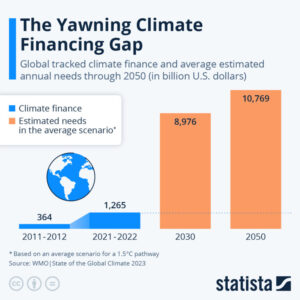
A just energy transition must prioritise Africa’s needs, ensuring that its people are not left behind in the global shift towards sustainability.
While Africa’s contribution to global carbon emissions is minimal, the continent continues to face significant challenges related to energy access.
With millions of people still lacking reliable electricity, the reliance on renewable energy sources like hydroelectric power contrasts sharply with the high-emission fossil fuel industries in developed nations.
This paradox highlights the need for a just transition, where African nations are supported in their shift to sustainable energy systems without facing disproportionate burdens or exacerbating inequality.
The ongoing climate crisis in Africa demands urgent, collective action from the international community. The disparity between Africa’s minimal contribution to carbon emissions and the severe impacts it faces underscores the injustice of the situation.
The need for increased climate finance is undeniable, but equally important is the recognition that climate change is no longer a distant issue—it is a present-day crisis requiring immediate attention.
For the future to be sustainable, unity, resilience, and sustained commitment are paramount. The lessons drawn from Africa’s experiences must inspire a global response that prioritizes both climate justice and long-term environmental sustainability.
It is clear that without immediate and significant financial support, the efforts to mitigate and adapt to climate change in Africa will remain inadequate, jeopardizing the future of millions.
The climate crisis is not a future threat; it is a present-day emergency demanding immediate global action. Wealthy nations must move beyond empty promises and deliver the financial support Africa desperately needs.
Climate justice is not charity—it is a moral obligation. Without urgent and substantial investment, millions across Africa will continue to pay the price for a crisis they did not create.
The time for excuses is over. The world must act now.
